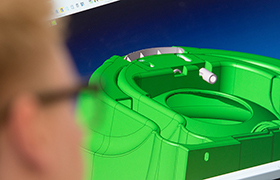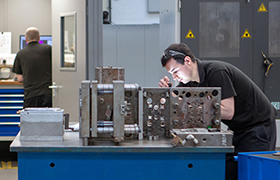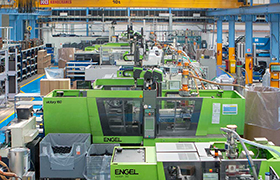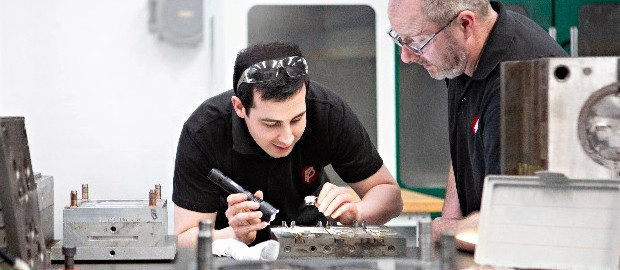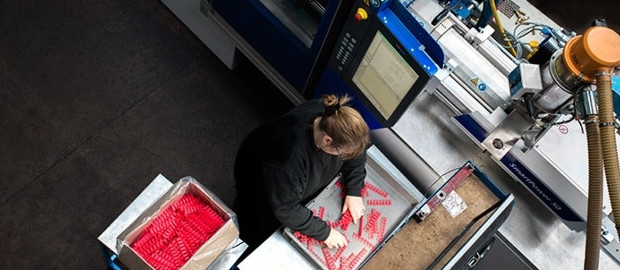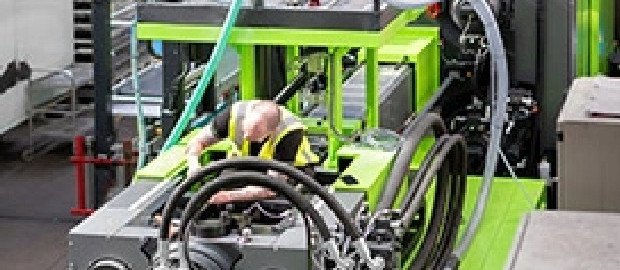RECYCLING OF PLASTICS
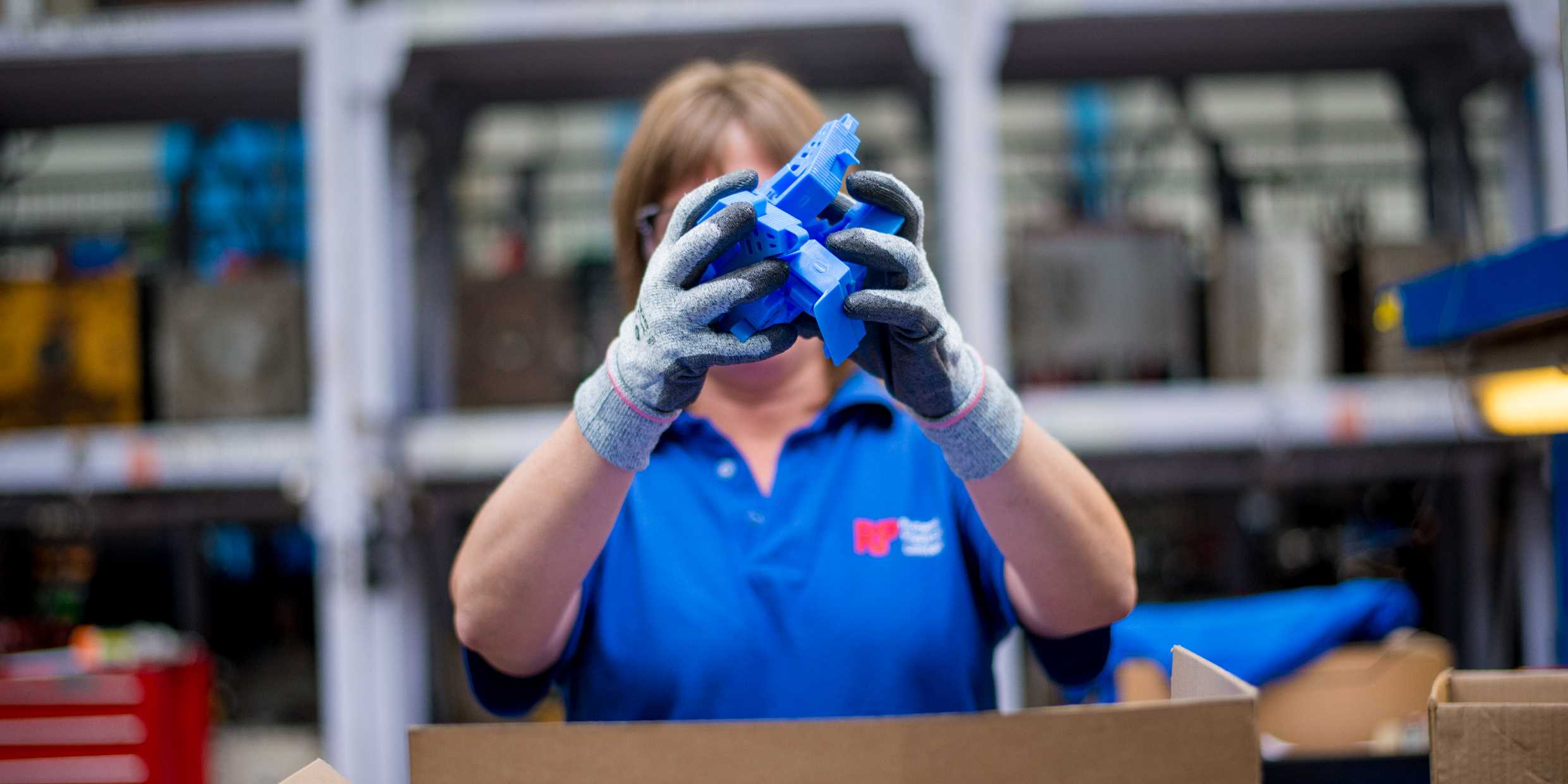
BACKGROUND
Plastics has become one of the most popular and useful materials of the present day. We now use about 20 times more plastic than we did 50 years ago. By recycling it is possible to reduce the need to create virgin materials. This has the benefit of conserving oil (although plastic is largely a by-product), reducing energy consumption, reducing landfill and reducing carbon dioxide and other gas emissions.
One of the difficulties is that there is a wide range of different plastic materials in use. Some of these cannot currently be recycled in the UK as we do not have the necessary new technology. Among these materials are those used to make margarine tubs and yoghurt pots, for example. The result is that some plastics still go to landfill, some are incinerated and some shipped abroad.
CURRENT POSITION
92% of UK local authorities now offer collection facilities for plastic bottles. These are usually manufactured from either PET or HDPE, both materials are easily recyclable. Many of these authorities also offer recycling of a wider range of plastics and other materials.
Once collected the materials need sorting, shredding, washing and then melting before being pelletised ready for reuse. The sorting is largely an automatic process but some manual intervention is usually required.
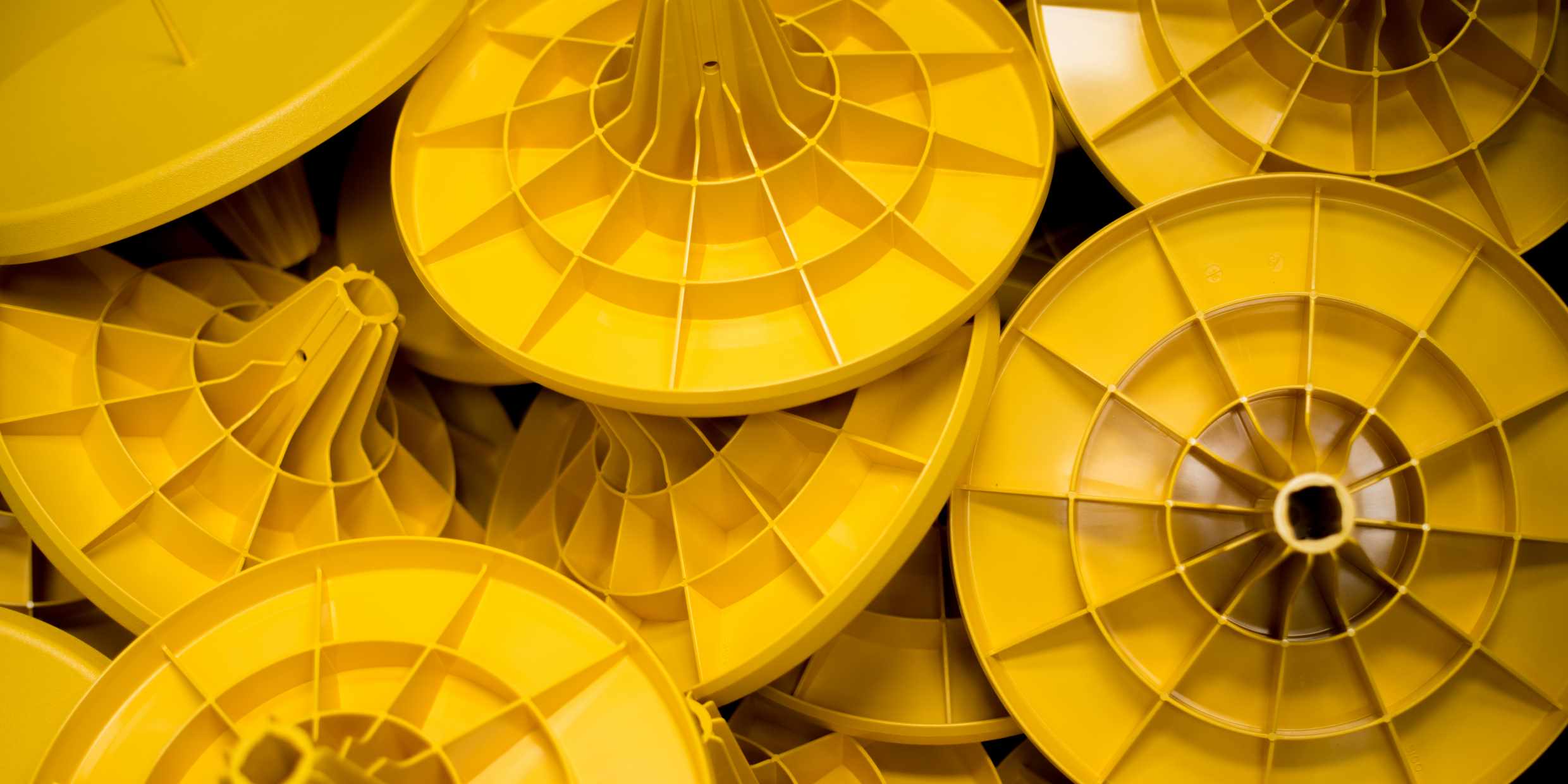
SOURCES OF PLASTIC WASTE
Plastic waste can be sourced from a variety of origins. Although domestic waste presents the biggest problem, factory scrap is the purest form of plastic as it is normally well sorted, clean and dry. Understandably, this has the highest value.
There is some plastic now becoming available from demolition and refurbishment but as plastic is a relatively new material in construction the amounts are small. The material tends to be of relatively good quality but may require cleaning.
As mentioned above, domestic waste is the highest profile but plastics from this source are often dirty, wet and of mixed types. This makes recycling more difficult and costly.
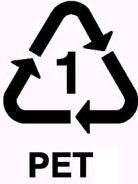
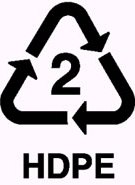
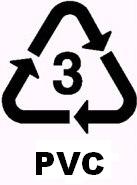
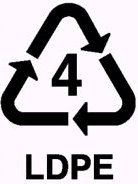
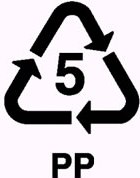
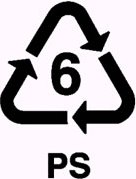
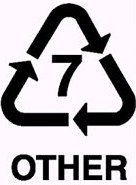
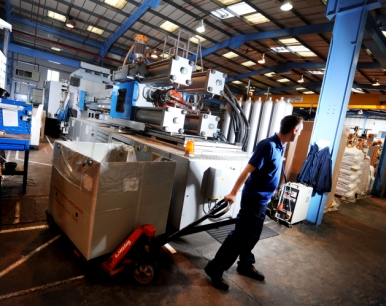
APPLICATIONS FOR RECYCLED PLASTICS
There is a wide range of products made from recycled plastics, including:
- Bin liners and carrier bags
- Plastic bottles
- Flooring and window frames
- Building insulation board
- Fencing and garden furniture
- Water butts and composters
- Fibre filling for sleeping bags and duvets
- Pipes and ducting
OTHER APPROACHES TO PLASTIC WASTE
Degradable Plastics
Oil based plastics that either break down or disperse into smaller fragments. These may in turn biodegrade or break down further to reduce the material to water, carbon dioxide, biomass (plant matter) and trace elements.
Biodegradable Plastics
These should break down cleanly, in a defined time period, to form simple molecules found in the environment such as carbon dioxide and water.
Compostable Plastics
These are a form of biodegradable plastics which must demonstrate that they biodegrade and disintegrate completely in a compost bin or system during the 3-4 months composting process.
Note: Biodegradable and degradable plastics will not degrade effectively in a landfill site and could potentially hinder the quality of recycled plastic if they enter a conventional plastics recycling system.
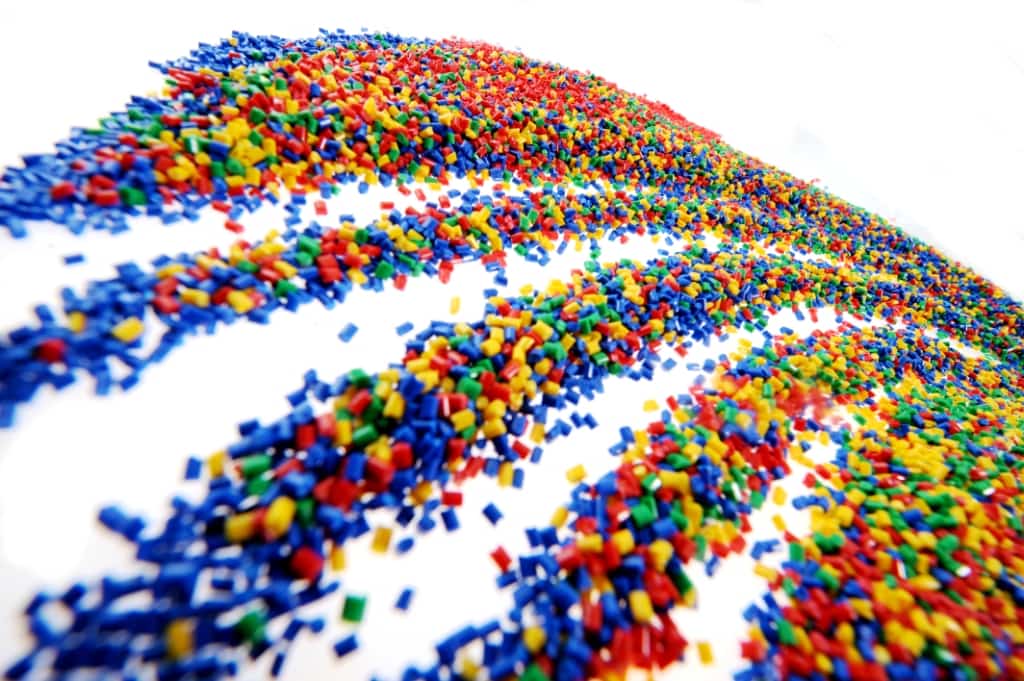
RUTLAND PLASTICS
As a company, Rutland Plastics endeavours to minimise plastic waste. All scrap plastic products along with sprues are ground up. The resulting regrind material is then reused internally wherever possible. Any material that cannot be reused internally is sold to material reprocessors.
Rutland Plastics has the Environmental Management Standard ISO14001:2004.

